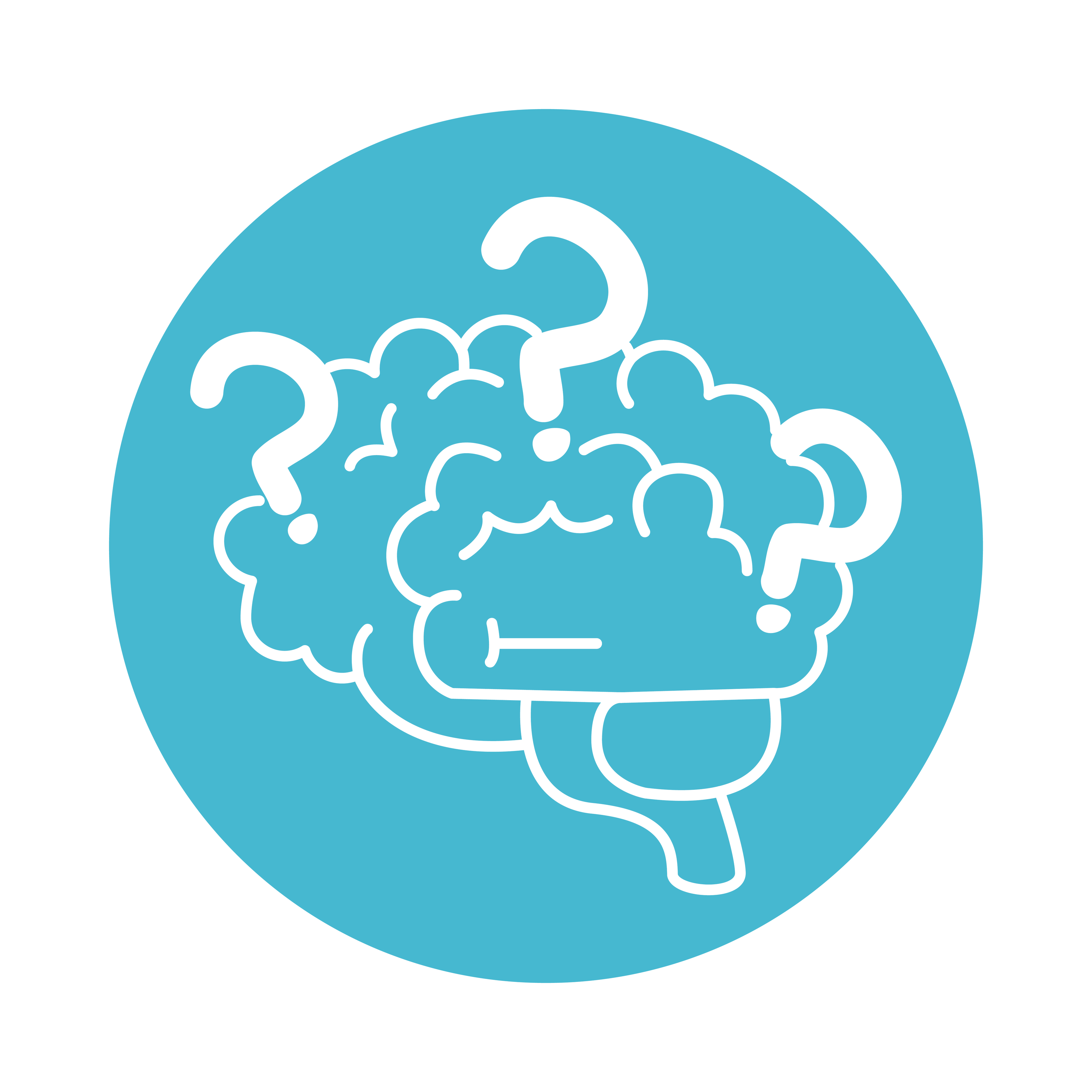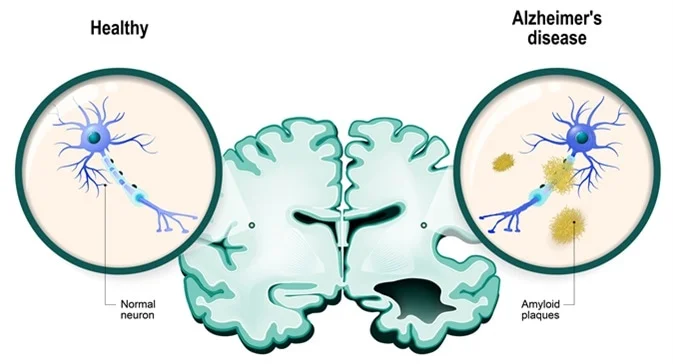ALZHEIMER’S DISEASE
What Is Alzheimer’s Disease?
Alzheimer’s disease is a disorder that attacks brain tissue. Its main symptom is steadily increasing memory loss. Problems with vision, language, and emotional control are also common. These abilities may decline over 5 to 20 years. People with Alzheimer’s disease will require constant care at some point

What Are the Symptoms?
- Trouble Learning New Information
- Misplacing Objects or Becoming Lost in Familiar Places
- Trouble Speaking in Conversations
- Personality and Behavioral Changes
- Problems with Judgment and Common Sense
- Loss of Interest in Usual Activities
- Depression, and Moodiness
What Causes Alzheimer’s Disease?
The exact cause of Alzheimer’s disease is unknown. What is known is that a brain affected with Alzheimer’s disease is filled with deposits of a waxy substance called amyloid or plaque. Nerve cell connections in the brain are reduced, causing a loss of short-term memory. Other intellectual and physical functions are affected in time.
Some of these changes happen in normal aging. Far more change is found in people with Alzheimer’s disease. Inherited or genetic factors and aging seem to play important roles.

How Is Alzheimer’s Disease Diagnosed?
There is no simple test to diagnose Alzheimer’s disease. When Alzheimer’s disease is suspected, it is important to have a complete medical and neurological evaluation. An evaluation may include:
- A Complete Health History and Physical Examination
- Tests of Blood and Urine
- Brain Imaging Scans
- Tests That Evaluate Thinking Skills and Memory
